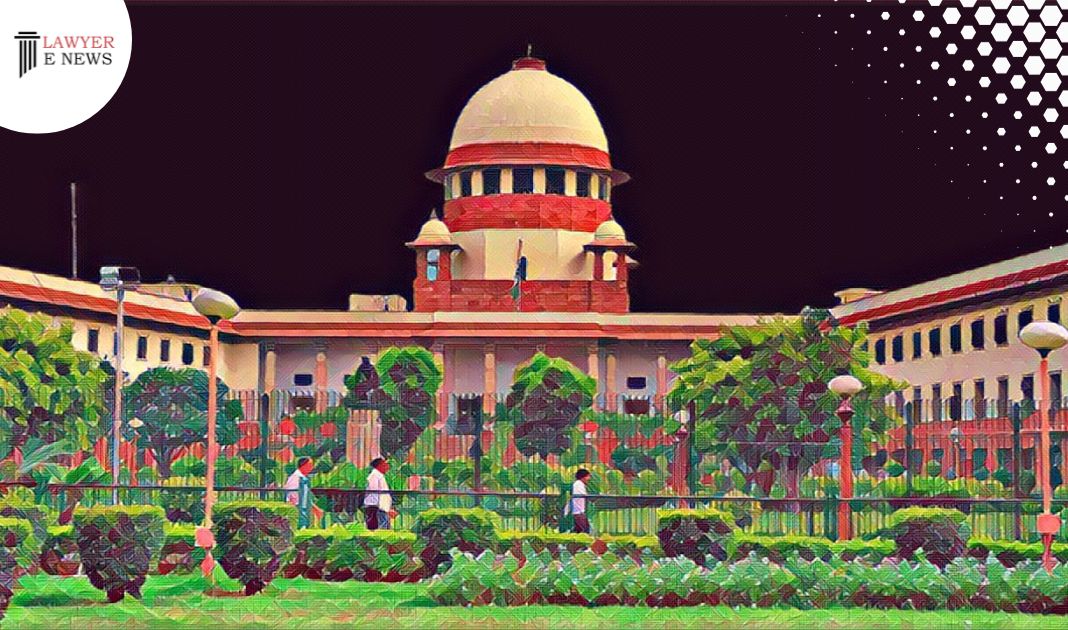-
by sayum
14 February 2026 2:22 PM



Supreme Court Orders ₹30 Lakh Lump Sum Alimony to Respondent
The Supreme Court of India has dissolved a 25-year-old marriage on the grounds of desertion, overturning a previous High Court decision. The bench, comprising Justices Abhay S. Oka and Ujjal Bhuyan, emphasized the continuous desertion by the respondent despite the decree for restitution of conjugal rights. The judgment also includes a provision for a ₹30 lakh lump sum alimony to the respondent as a full and final settlement of maintenance claims.
The appellant-husband and respondent-wife were married on March 25, 1999, and have been separated since 2008. They have two adult children. The matrimonial discord began in 2006, leading to multiple litigations. The appellant filed a petition for restitution of conjugal rights in 2008, which was granted in 2013. Despite the decree, the respondent did not resume cohabitation, prompting the appellant to file for divorce on grounds of cruelty and desertion in 2013. The Family Court granted the divorce in 2016, but the High Court of Punjab and Haryana set aside this decree in 2019.
The Supreme Court noted that the respondent failed to comply with the decree for restitution of conjugal rights passed by the Additional Civil Judge (Sr. Division), Barnala, on May 15, 2013. The High Court had affirmed this decree on February 19, 2015, finding the respondent had left the appellant without reasonable cause.
The Supreme Court found that the respondent continuously deserted the appellant since December 2006. Despite the decree for restitution, there was no effort from the respondent to resume cohabitation. The court highlighted that desertion for a continuous period of not less than two years preceding the presentation of the petition is a valid ground for divorce under Section 13(1)(ib) of the Hindu Marriage Act, 1955.
The court emphasized that the respondent's failure to comply with the decree for restitution of conjugal rights for over a year validated the appellant’s claim for divorce on the ground of desertion. "The decree for restitution of conjugal rights was confirmed on 19th February 2015, and admittedly, the respondent did not resume cohabitation thereafter," the court noted.
Justice Abhay S. Oka remarked, "The desertion of the appellant at least from 2008 till the date of filing the divorce petition in 2013 continued without any reasonable cause. Therefore, a decree for divorce on the ground of desertion under Section 13(1)(ib) ought to have been passed."
The Supreme Court’s decision underscores the importance of compliance with judicial decrees in matrimonial disputes. By dissolving the marriage on the grounds of desertion and ordering a substantial lump sum alimony, the court has provided a clear precedent for future cases involving prolonged desertion and non-compliance with restitution decrees. This judgment not only resolves a long-standing dispute but also highlights the judiciary's role in addressing the breakdown of marital relationships.
Date of Decision: July 8, 2024
X vs. Y
